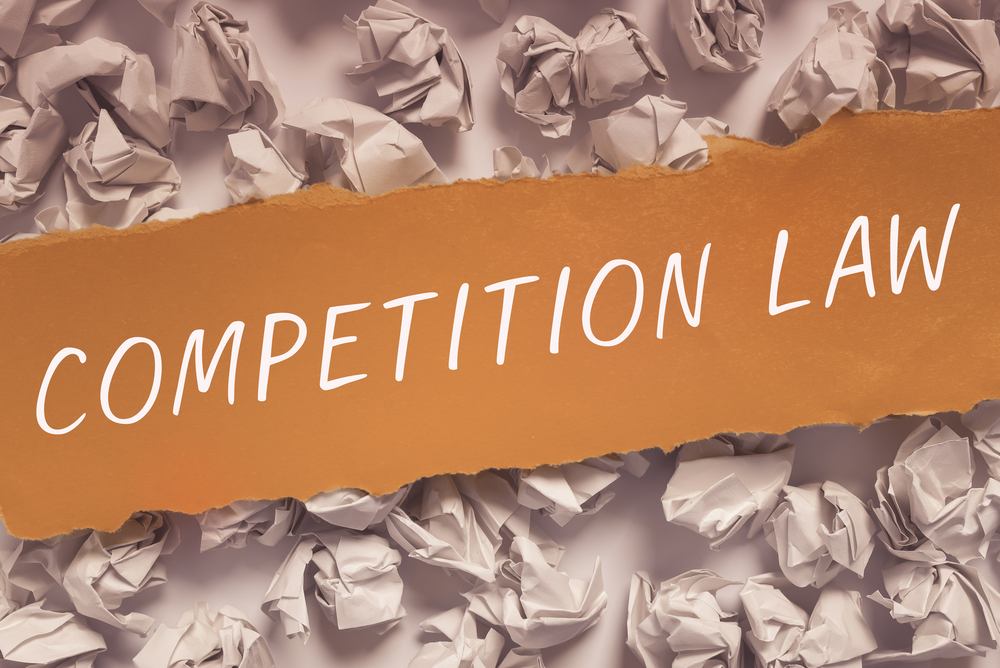 Competition is a part of business, and a vital part of our economy. You can’t start a business and expect nobody to ever try to compete with you. However, there are certain actions that qualify as “unfair competition,” and can lead to business litigation lawsuits. What’s considered unfair competition, as compared to standard competition between companies, and what can you do to stop your business from being harmed by it? Keep reading to find out.
Competition is a part of business, and a vital part of our economy. You can’t start a business and expect nobody to ever try to compete with you. However, there are certain actions that qualify as “unfair competition,” and can lead to business litigation lawsuits. What’s considered unfair competition, as compared to standard competition between companies, and what can you do to stop your business from being harmed by it? Keep reading to find out.
Defining Unfair Competition
Businesses will go to great lengths to get a leg up on their competition, but there are certain lines that companies cannot legally cross in their attempts to outsell their competitors. When a business gains a competitive advantage (or attempts to gain one) through deceptive, wrong, or fraudulent business practices, this is considered unfair competition. Such practices do more than increase sales for the company utilizing these unfair practices; they can cause direct harm to their competitors. We’ve outlined a few examples of unfair competition activities below. If you believe that your business has been harmed by such actions from your competitors, you may be able to file a lawsuit against the company that’s engaging in unfair business practices.
Trademark Infringement
Copying a popular competitor’s trademarks can allow a company to ride on the coattails of another business’s reputation and success. Using another company’s name, logo, or other trademarked materials to sell a product is illegal and considered an unfair competition activity. If anyone ever uses your trademarked branding on their own products, you should pursue business litigation against them.
Product Disparagement
Product disparagement is a form of slander against a competitor’s products. Making false claims about a product in order to dissuade consumers from purchasing it is an unfair business practice, and punishable by law and litigation. If you can show that the claims made about your product’s quality, ingredients, manufacturing process, or other elements of your business are false, you can sue the competitor that is making these claims.
Stealing Confidential Business Information
Your business’s trade secrets are protected by law, and considered your company’s intellectual property. Stealing this information is no different than stealing money or goods from your business, in the eyes of the law. If you suspect a competitor of stealing your recipes, designs, marketing materials, or other confidential business information, you can pursue litigation against them.
Trade Dress Violation
Similar to trademark infringement, trade dress violation occurs when a competitor copies the physical appearance of one of your company’s products. This is another way in which one company may attempt to piggyback off of another business’s success; by making their products look similar, it can create confusion among consumers and lead to them purchasing your competitor’s products instead of your own, due to the similarity in their appearance.
An example of this has recently come to light, when national cookie franchise Crumbl filed litigation against competitors Dirty Dough and Cookie Crave. While the details of this case are complex and involve other allegations, the core complaint from Crumbl is that both companies mimicked the look of their cookies, the design of their boxes, and other elements of their business that would constitute trade dress violation.
What Can You Do about It?
The above are just a few examples of different types of unfair competition activities, and there are many other ways in which your competitors might cross the line that divides acceptable competition from the unfair. However, the key factor to consider is whether or not their business activities cause direct harm to your business, rather than just improving their own sales.
Of course, most business owners’ question in these situations is what they can do to stop it. As mentioned several times above, business litigation is the best route to stopping unfair business practices. It’s unlikely that any regulatory bodies or organizations are going to step in and put a stop to the activities on their own; you, as the wronged party, must file a lawsuit against the competitor, outlining their unfair competition activities. If your case is successful, you can not only get a court order for those actions to stop (e.g., requiring a competitor to redesign their product so it is no longer a trade dress violation), but you may also receive reparations for the harm that those unfair business practices have caused to your company.
If you feel that you competitor is utilizing unfair competition activities, contact The Harr Law Firm today. We can advise you on how to proceed to ensure that your business is protected from these practices.